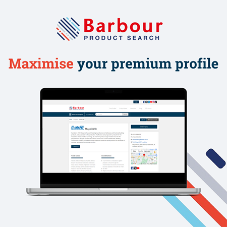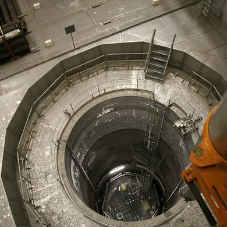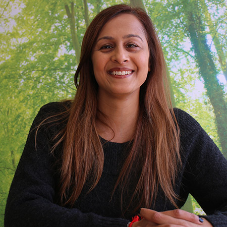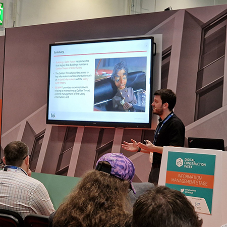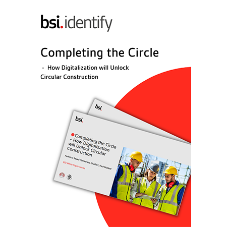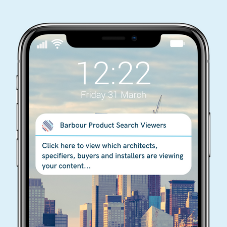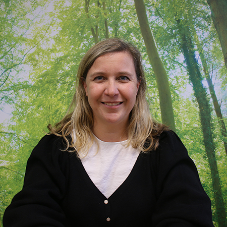The seminar is written, the audience have been found. The make-or-break point is delivering your CPD seminar. Chris Ashworth of Competitive Advantage explains how to ensure you fully engage with your audience.
A lot of work can be put into writing a really good seminar, but if its badly delivered then all of that is wasted. Today’s audience have a high level of expectation, having seen high quality TV broadcasts, webinars and YouTube clips which have set the bar high. To be memorable, for the right reasons, you need to ensure your presenter is fully prepared and competent. As social distancing is relaxed and we restart face-to-face presentations, here are 9 reminders of how to make your presentation effective.
Know your subject: When presenting in front of a live audience, you need to have a thorough knowledge of the subject. This will not only ensure the presenter can answer any questions but will give them confidence which will come across in their delivery. In the future this level of knowledge will be a requirement of the Code for Construction Product Information, which is due to be launched in November 2021, and is expected to require product manufacturers and suppliers to “Have in place a robust training programme (for new and existing personnel) to ensure that anyone conveying ‘Product Information’ is competent to the level of knowledge required for their role”.
Know the seminar: Your presenter should be familiar with the content of the presentation. That is the order the slides appear and any builds or video clips. They also need to know the script. Not to repeat it word for word as this is not natural, but the points being made by each slide. And they should certainly avoid reading the slides to the audience.
Check the venue in advance: Confirm if there will be a screen or projector you can plug your PC into. or will you need to bring your own? Where are the power outlets? If in the wrong place you may need an extension lead. And some organisations will not allow visitors to use their own electrical equipment, so you might need to bring your presentation on a memory stick or send it in advance.
Establish the level of knowledge of your audience: Before you start the seminar get your audience to tell you what they know about the subject and what they hope to gain from today’s presentation. It’s important to know the level of knowledge of your audience so you can get your content right, not too technical and not too basic. Usually there will be a mixed level of knowledge in the audience. Then you can draw on the more experienced people to give opinions in support of the points you are making.
Tell your audience what to expect: They will want to know if they will get a copy of the presentation, or if they need to make notes. What other handouts there are, such as product literature, case studies, technical papers and samples. Will you take questions as you go through the presentation or at the end?
Avoid a monologue: To keep people engaged its good to break up the presentation. This might be by passing samples around, or by asking the audience for experiences and opinions.
Speak at a measured pace: There is a danger when people are nervous, or very familiar with the material, that they speak too quickly. That means the audience do not have time to absorb all of the points made. Speak slowly. To help with this keep to 3 or 5 pieces of information per slide.
This is not a sales pitch: While the whole purpose of the seminar is to introduce your audience to your products and their benefits, remember this is a technical seminar. Avoid strong sales messages which can turn off your audience and use a ‘soft sell’ approach.
And finally: Some sales people are uncomfortable presenting, either they don’t know the subject well enough, or they don’t have the confidence to present. When presenting online it is acceptable to have ‘our technical expert’ present but avoid having a nominated person deliver all of your face-to-face seminars. One objective of the CPD seminar is to present the sales contact as ‘the expert’. If someone else delivers the seminar it is sending the subliminal message that the sales contact is not technically competent and is not worth contacting with enquiries. So, make sure your sales team have the knowledge and skills to deliver an effective presentation.
Further Information
Chris Ashworth is founder of Competitive Advantage Consultancy which specialises in helping building product manufacturers to be more effective at getting their products selected. Services include bespoke market research, learning and development programmes, a range of sales and marketing tools and implementation consultancy.
Competitive Advantage work with clients to help them develop effective CPD programmes and to help sales teams with presentation skills. Sign up to the Competitive Advantage newsletter for an overview of construction market activity as well as construction sales and marketing advice.



